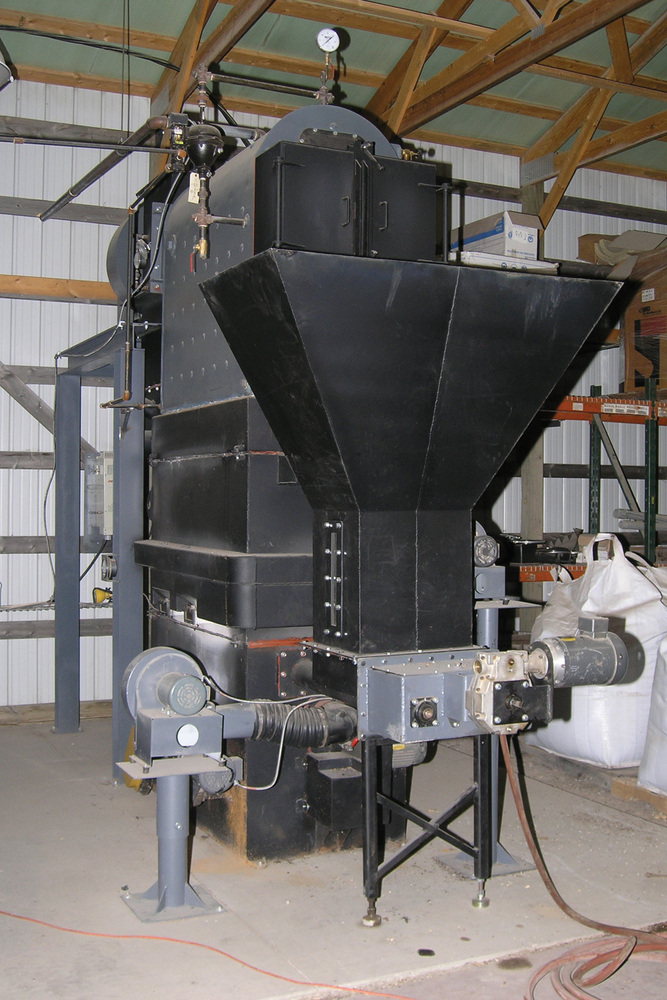Drying Crops with Crop Residues




PHOTO: KING COAL FURNACE CORP.
January 5, 2011
BY Lisa Gibson
The cost of using propane to fuel a grain dryer can be astronomical for farmers and grain elevators, especially if the dryers are running 24 hours a day in the fall, which is often the case. A Bismarck, N.D., furnace company says its biomass retrofit can slash that cost by 90 percent. Not only that, but the system’s heat recovery application is essentially 100 percent efficient, according to the company.
“What we’ve done is displaced the propane burner with a combined system and heat exchanger that blows hot air the same way, but doesn’t use super expensive fuel,” says King Coal Furnace Corp. President and CEO Mike Robb. Farmers can use the residues and waste products from their crops, such as sunflower screenings, soybean trash and spent grain, to fuel the biomass burner.
Advertisement
Advertisement
King Coal can build portable systems between 1 million Btu (MMBtu) and 10 MMBtu, and on-site systems up to 50 MMBtu. Robb declined to release a cost for the dryers, but said the company is currently building two for seed company locations in Minnesota and South Dakota.
With propane costs at $1.50 per gallon, those operations can spend up to $16.50 per MMBtu, whereas sunflower screenings at current prices of $30 per ton and 9,000 Btu per pound, would mean a cost of only $1.65 per MMBtu, Robb says. “That’s a 90 percent reduction,” he says.
Advertisement
Advertisement
The cost is only one advantage. “The real neat thing about this is this system does not have a chimney,” Robb says. It takes gases through a proprietary dust collection system and then redirects it back into the furnace. “So the million or so Btus that would be wasted up the chimney go right back into the drying process,” he emphasizes. “Essentially, we’ve developed a 100 percent efficient heat recovery system.”
King Coal has a 2 MMBtu prototype at its Bismarck location to demonstrate the system’s function. The company has been building coal-fired air heaters for years with the same type of technology.
The modular, self-cleaning and automated system leaves only the responsibility of loading the fuel bin to the operator. Robb expects the first installation to be ready in Minnesota next year.
Upcoming Events





